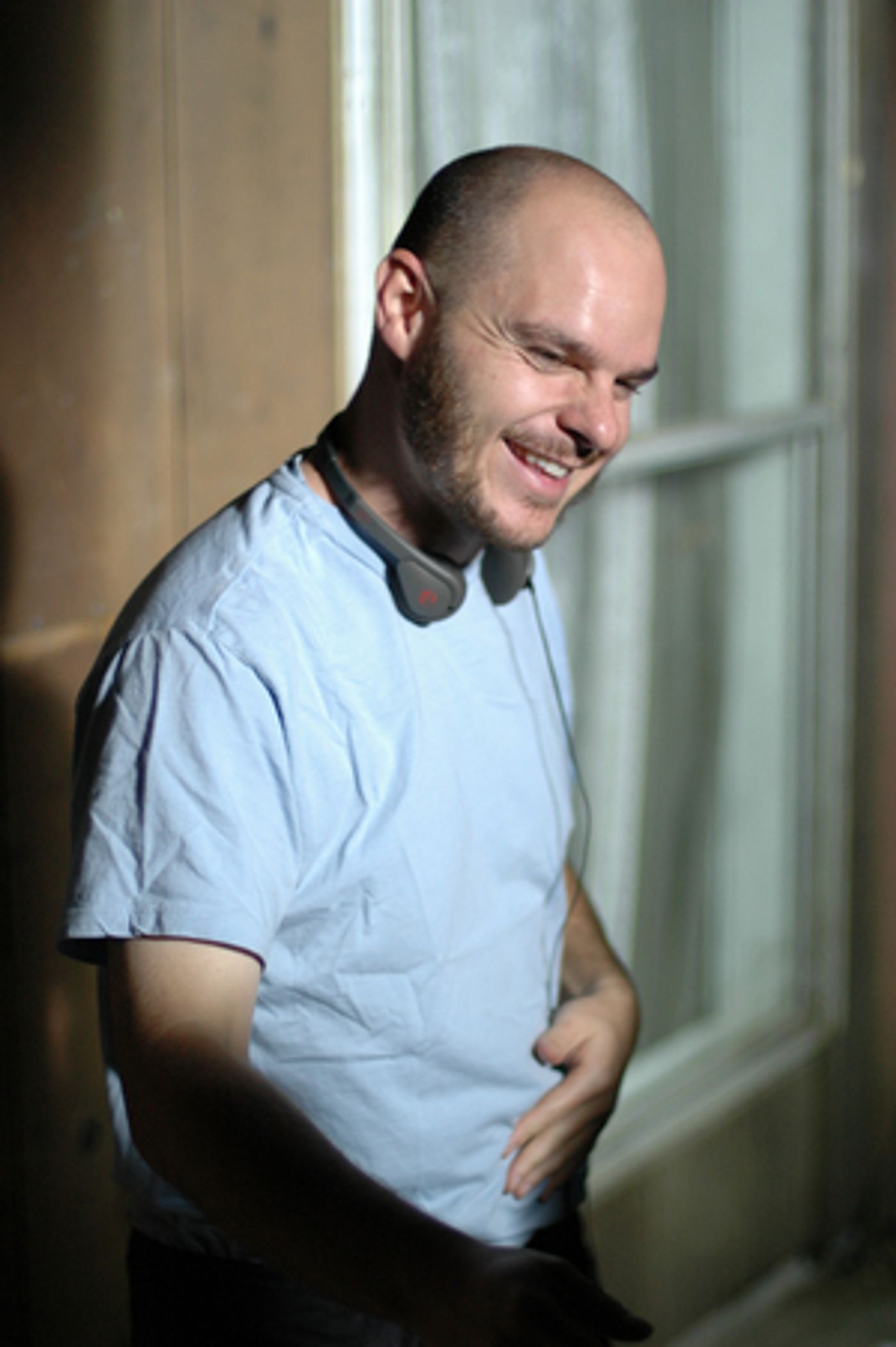BWW Blog: What They Don't Teach You In Film School (But Brooks Elms Will)
In the last year, Brooks Elms has fallen deeply in love with helping other writers.

Brooks Elms, filmmaker and WGA screenwriter, just sold a script to be executive produced by Brad Peyton (SAN ANDREAS). He's rewriting a script by an Oscar-winning writer. And, in the last year, he's also fallen deeply in love with helping other writers.
Elms started his journey in high school with a karate movie that he made with his friends. "They asked me, 'Hey! Do you wanna make a karate movie? And I was like, 'heck yeah!'" He tells me in our recent interview. After that, he made 50 short experimental films before he went to study at NYU.
"During my junior year [in high school], we made an hour-long film that we showed in the school auditorium. 100 people showed up, and the mayor, too. It was great."
After NYU, he began the early part of his career writing and directing films. About 15 years in, he pivoted to strictly writing screenplays. By taking what he learned about what worked and what didn't work for him, he was able to take his work to a new level. Recently, he has been teaching an in-depth mentorship program that takes the student where they're at and elevates their work to the next level.
"It's a dream life. And it feels just as fun as it did when I was 15 and was asked to make a karate movie."
Elms says that there is a step by step process in creating an efficient system for script writing. With this system, he says "I could take the script that I wrote years ago, that took me almost 3 years to write, and write it in 3 months."
He approaches his teaching method by celebrating where the student is at, and keeping what is working, while simultaneously working on what is not working. What he sees in almost every writer, though, is underestimating the value of a big idea.
"The value of telling your story in one sentence, and it being really compelling as one sentence, might be the best thing they could do for themselves and their career; called a log line."
What is the key to this log line? Three things: hero, goal, conflict.
"What trips people up is that they explain their story with the characters and setting, when the most compelling aspect is really just hero, goal, and conflict. It's really that simple."
After the log line, there's six other steps that Elms says are key to a great screenplay, which are covered in his mentorship program. If you're interested, contact Brooks Elms on Twitter here, and check out his previous work on his IMDB page here. Elms continues to produce impactful scripts and films and wants to help you do the same!
Videos


